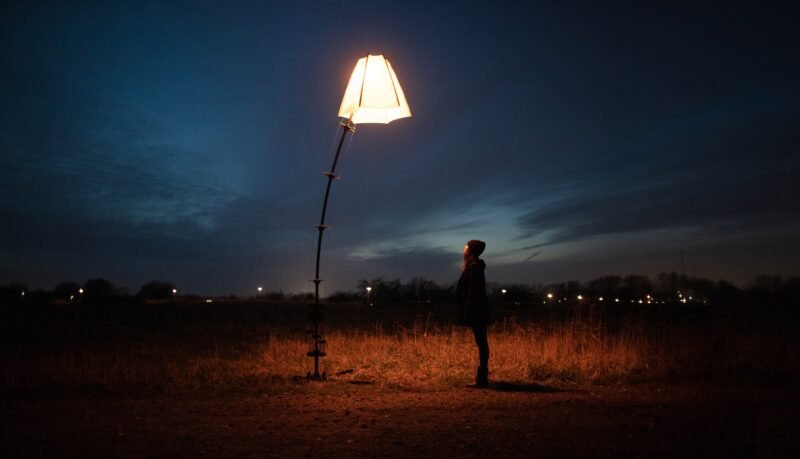Recycling Worries And Some Fantastic Things
Last year, architectural/design competitions and their discontents were much in discussion. Maria Popova led the charge crying for ‘death to design awards’ and was swiftly rebuked for her ‘generalist, populist view point’. While the respondents to Popova themselves were quite generalist and populist too (I mean it is a fact that most of Popova’s arguments are ‘generalist and populist’, so stating that can no longer be a critique), the case for stop participating in architectural competitions was taken up by Charles Holland with an open letter to fellow architects. Soon after, alternatives to competitions started being proposed, such as Remix Architecture. The Conditions magazine recently have carried on the discussion with a cover story on ‘The Future of Competitions’. One of the contributions, named Warehouse for Architectural Recycling (W.A.R.), however caused some (hopefully unwarranted) worries.
What worries me is that though the proposal seems to be done with tongues firmly in cheeks, it still sounds lucrative enough to actually happen. In Bangalore and elsewhere in the IT/ITES conclaves of India, we already have a quite an unpleasant reality of building projects driven by ‘recycled loser ideas.’ Some of them come from developers/corporates quite resembling the hypothetical clients list of W.A.R. To be clear, I do not allege that the Department of Unusual Certainties are champions of loser-archi-idea imperialism, am just worried that their idea might become a darling of evil empires and ‘placeless architecture’ lovers worldwide.
On the fantastic side, Something Fantastic has already archived a lot of wonderful things in their Index of Re-Inventing Construction and planning do more. They are all about architecture and future, and most importantly about beautiful things (emphasis mine). They have published a manifesto and the first serving of methods and ideas for constructing things and cities. And they are requesting submission of more such constructive re-inventions to the archive of wow so that we can all have a big second serving in 2012. Their approach, while quite fantastic, seemed a bit lacking on the softer/coded side of constructing things and too caught up in hard/physical things. My unhappiness about lack of talk about the digital side of constructing urban experiences was more than sufficiently met by the recent declaration of Urban Scale:
“Just as the novice programmer is invited to learn from, understand, and improve upon — to ‘hack’ — open-source software, the city itself should invite its users to demystify and reengineer the places in which they live and the processes which generate meaning, at the most intimate and immediate level.”
DoUC created a very interesting clause in the W.A.R. organisational code — once an archived loser-idea is bought, the Auction House keeps the responsibility to commission an architect for localisation of it and hence to make it fit the actual conditions of the new site. Maybe if we can extend the clause to say that localisation must be seen as a never-ending process, and since the design idea is being transplanted to a new location, people who live nearby also get to ‘hack’ it, to learn from it and to improve it — maybe that can work as a strategy against worries of alien architectural monsters taking over city spaces. I guess this strategy should apply to winning ideas too!





